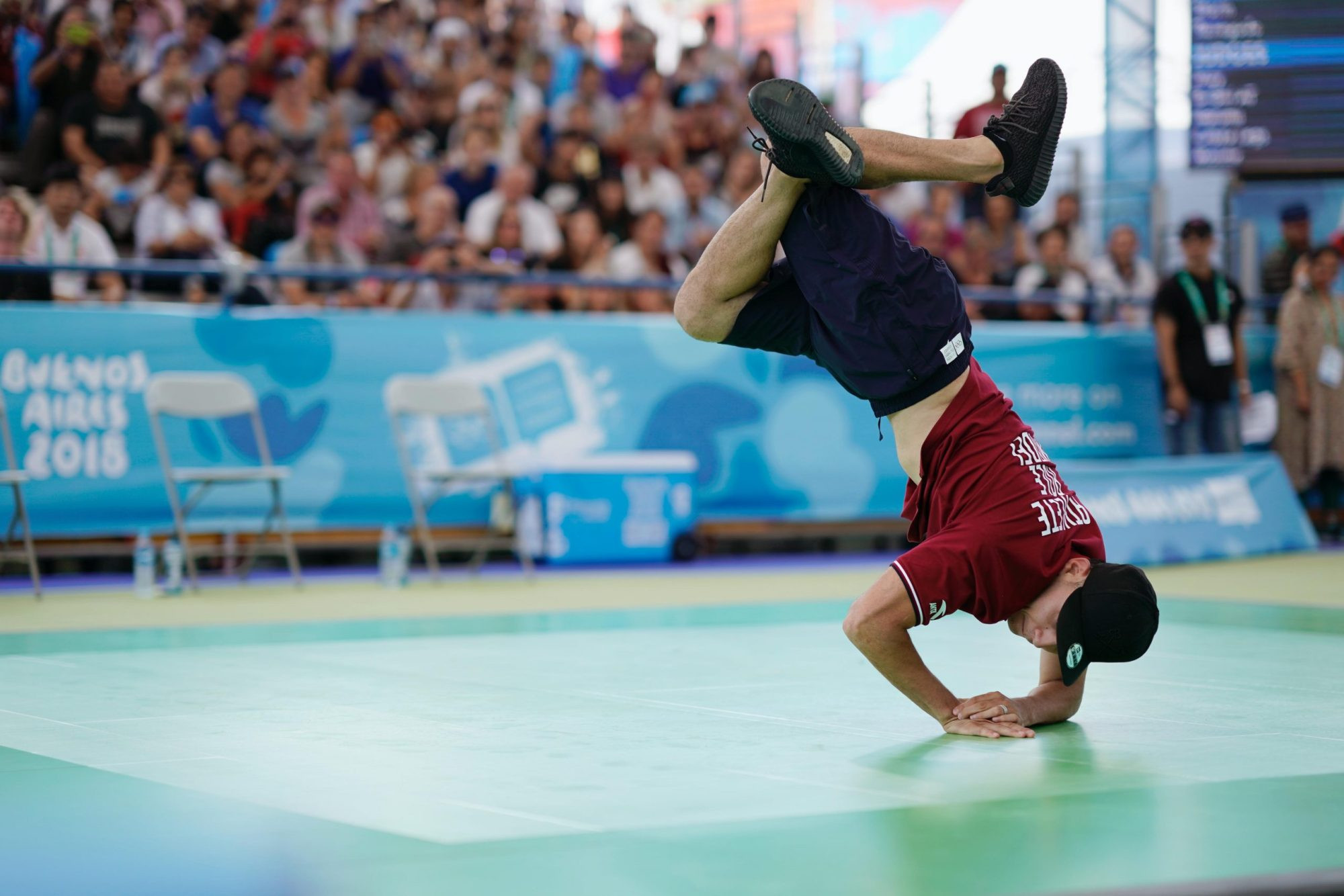Understanding the Olympic Breaking Schedule

The Olympic Breaking Schedule is a detailed timetable outlining the dates and times of all events across various sports during the Games. It serves as a crucial guide for athletes, coaches, spectators, and broadcasters, ensuring a smooth and well-organized competition.
Factors Influencing Schedule Creation
The Olympic Breaking Schedule is a complex document, shaped by a multitude of factors.
- Venue Availability: The schedule is designed to optimize the use of available venues, considering the capacity and suitability of each facility for different sports.
- Athlete Safety: The schedule takes into account the physical demands of each sport, ensuring adequate rest periods for athletes to prevent injuries and promote optimal performance.
- Television Broadcasting: The schedule is carefully crafted to accommodate prime-time viewing audiences worldwide, maximizing global reach and viewership.
- Event Sequencing: The schedule considers the logical flow of events, grouping similar disciplines together and strategically placing key events for maximum impact.
The Importance of the Schedule
- Athletes: The schedule provides athletes with a clear roadmap for their competition, allowing them to plan their training and preparation accordingly. It also helps them understand the timing of their events and the potential for overlapping competitions.
- Coaches: Coaches rely on the schedule to strategize their athletes’ training and competition plans. They can analyze the schedule to identify potential advantages and disadvantages for their athletes, and plan accordingly.
- Spectators: The schedule allows spectators to plan their viewing experience, choosing the events they want to see and scheduling their time accordingly. It also provides information about ticket availability and venue locations.
- Broadcasters: Broadcasters use the schedule to plan their coverage, ensuring that key events are captured and broadcasted to a global audience. It also helps them optimize their production and scheduling of commentators and analysts.
The Impact of the Breaking Schedule on Athletes and Spectators: Olympics Breaking Schedule

The Olympic breaking schedule is a complex system that aims to balance the needs of athletes, spectators, and broadcasters. However, this schedule can have both positive and negative consequences for those involved. It is important to understand the potential impact of the breaking schedule on athletes and spectators to better appreciate the challenges and opportunities it presents.
Impact on Athletes, Olympics breaking schedule
The breaking schedule can have a significant impact on athletes’ performance and recovery. It can be challenging for athletes to maintain peak performance across multiple events, especially if they are competing in different disciplines or events that require different physical and mental demands.
- Potential Advantages: A breaking schedule can allow athletes to focus on specific events and recover between competitions, potentially leading to better performance and reducing the risk of injuries. It also provides opportunities for athletes to adjust their training and nutrition strategies based on the timing of their events.
- Potential Disadvantages: A compressed schedule can lead to fatigue, burnout, and increased risk of injuries. Athletes may also face challenges with travel and accommodation, which can affect their preparation and performance. For example, athletes competing in events held early in the morning may need to adjust their sleep schedules and routines to adapt to the competition time.
Impact on Spectators
The breaking schedule can also impact spectators’ experience of the Olympics. It can be challenging for spectators to attend multiple events, especially if they are spread across different venues.
- Accessibility: The breaking schedule can make it difficult for spectators to attend events that are scheduled at inconvenient times, particularly for those with limited travel options or those who are working or attending school. For instance, a spectator might be unable to attend an evening event if they have work commitments or a morning event if they have school commitments. This can lead to missed opportunities for spectators to experience the full scope of the Olympic Games.
- Overall Experience: The schedule can also affect the overall spectator experience. For example, a spectator who is only able to attend one day of events may miss out on seeing their favorite athletes compete. In addition, the schedule can make it difficult for spectators to plan their day and see the events they are most interested in.
Hypothetical Scenario
Imagine a scenario where the Olympic breaking schedule is altered to allow for more flexibility and cater to the needs of both athletes and spectators. One possible approach would be to create a schedule that allows for more breaks between events and more opportunities for athletes to recover. This could also be achieved by grouping similar events together, making it easier for spectators to attend multiple events in a row.
This change would potentially benefit athletes by reducing fatigue and improving performance. It would also provide spectators with a more enjoyable and accessible experience.
Olympics breaking schedule – The Olympics are a whirlwind of athletic feats and emotional highs, but sometimes the schedule throws a curveball. Imagine, for a moment, you’re an athlete, ready to compete, but suddenly the schedule shifts, leaving you scrambling to adjust. It’s like the time I was watching the Olympics and a news report popped up about actor Colin Farrell’s son making his acting debut! It was a total surprise, just like those schedule changes at the Olympics.
But back to the games, I’m sure those athletes will adapt and still bring their A-game, just like the professionals they are.
The Olympics are a whirlwind of athletic feats and emotional highs, but sometimes the schedule throws a curveball. Remember that time the men’s 100m final was delayed? It’s a reminder that even the most meticulously planned events can get shaken up.
It’s a bit like the recent dunkin donuts boycott rumble , where social media fueled a sudden shift in public opinion. Ultimately, whether it’s a sports schedule or a social media storm, adaptability is key to navigating the unexpected.